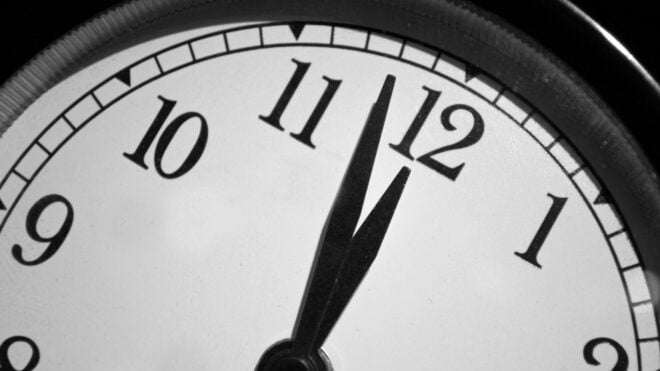When you think of ADHD, or attention deficit hyperactivity disorder, you might imagine a small child bouncing around a classroom, refusing to sit still and listen to the teacher, and getting into all kinds of trouble.
And you'd be right — in part. ADHD is a mental disorder that affects children, teens, and adults.
For most, the symptoms, which include hyperactivity and an inability to focus, manifest around the ages of 6 to 12, last for more than six months, and disrupt school and home life.
But it affects adults, too, and often manifests itself in more subtle and hard-to-diagnose ways.
For one thing, adults, even those with ADHD, have a better time controlling themselves in social or work settings. Adults with ADHD have had the symptoms since childhood, but many have not been diagnosed, leaving them with questions, anxieties, and insecurities later in life.
No one is exactly sure what causes ADHD, but it's generally believed to be a combination of genetic, environmental, and societal factors. Research has shown that watching TV, playing video games, or a chaotic home life don't cause ADHD, but those things can aggravate the symptoms.
Luckily, more and more research is being done on this disorder, and more people of all ages are getting the help and support they need to manage their symptoms and be happy, relaxed, and productive.
Some of the measures are even a little unexpected, like the martial arts instructor who uses the discipline to help kids with ADHD.
If you feel like you or someone you know may be exhibiting signs of ADHD, read on to see if the symptoms seem familiar.
If you think you might have an issue with attention, talk to a medical professional about your symptoms so they can do an official diagnosis.
Isn't ADHD Something Only Kids Have?
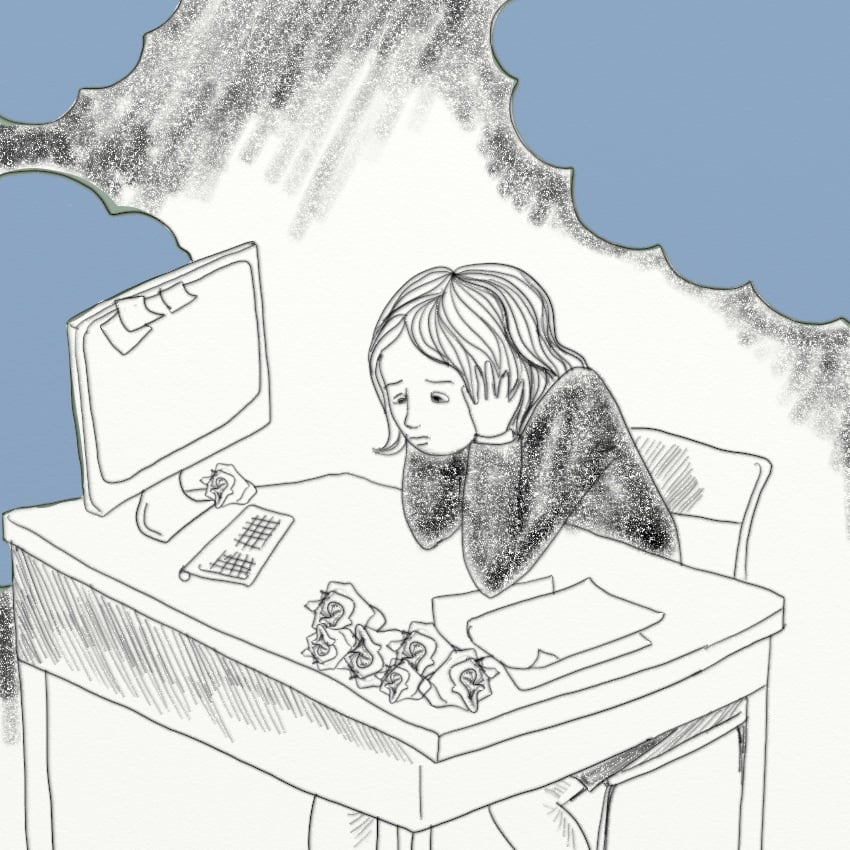
Well, yes and no. ADHD symptoms manifest by about age 12. But many adults were never diagnosed, and over time, their symptoms can evolve.
For example, a kid with ADHD might be running, jumping, and climbing, nonstop.
An adult, on the other hand, might express the same hyperactivity by talking quickly and excessively, or finding it impossible to relax.
Adults with untreated ADHD also have a higher chance of engaging in risky behavior, including substance abuse, criminal activity, or unhealthy relationships.
Common Symptoms Of ADHD Symptom #1: Forgetfulness And Inability To Concentrate
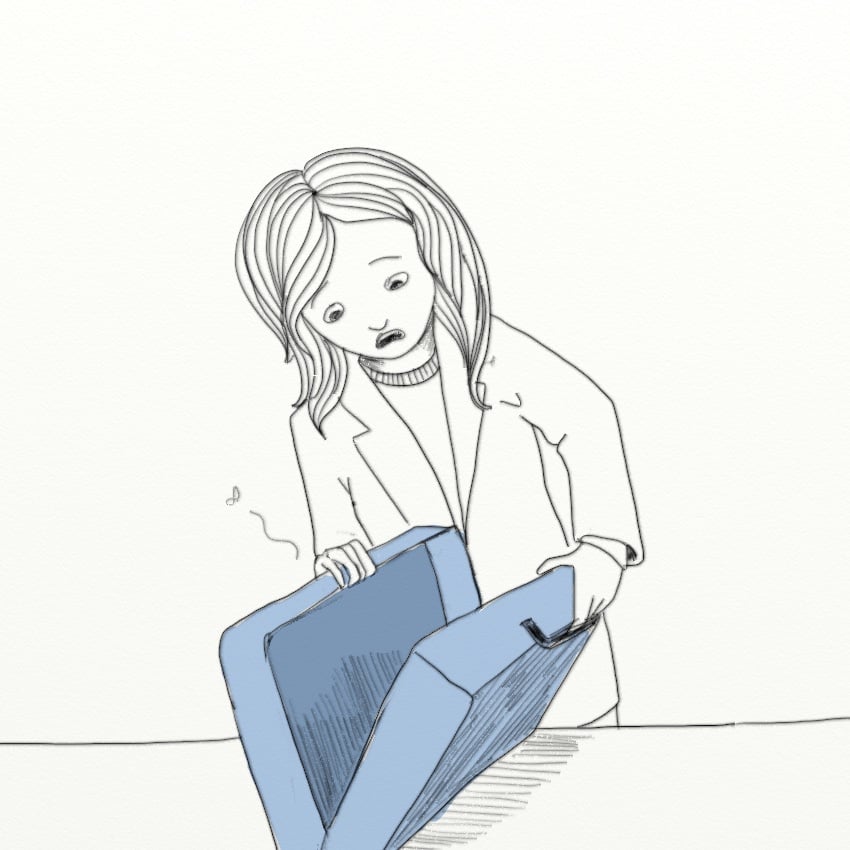
A common trait among those with ADHD is constantly losing and forgetting things.
Dates of events or deadlines just don't seem to stick, and misplacing items is also very common, including important work or personal things.
Everyone forgets things from time to time, but for people with ADHD, losing, forgetting, and misplacing things is a chronic problem — to the point of interfering with personal, social, and professional life.
Symptom #2: Difficulty With Organization
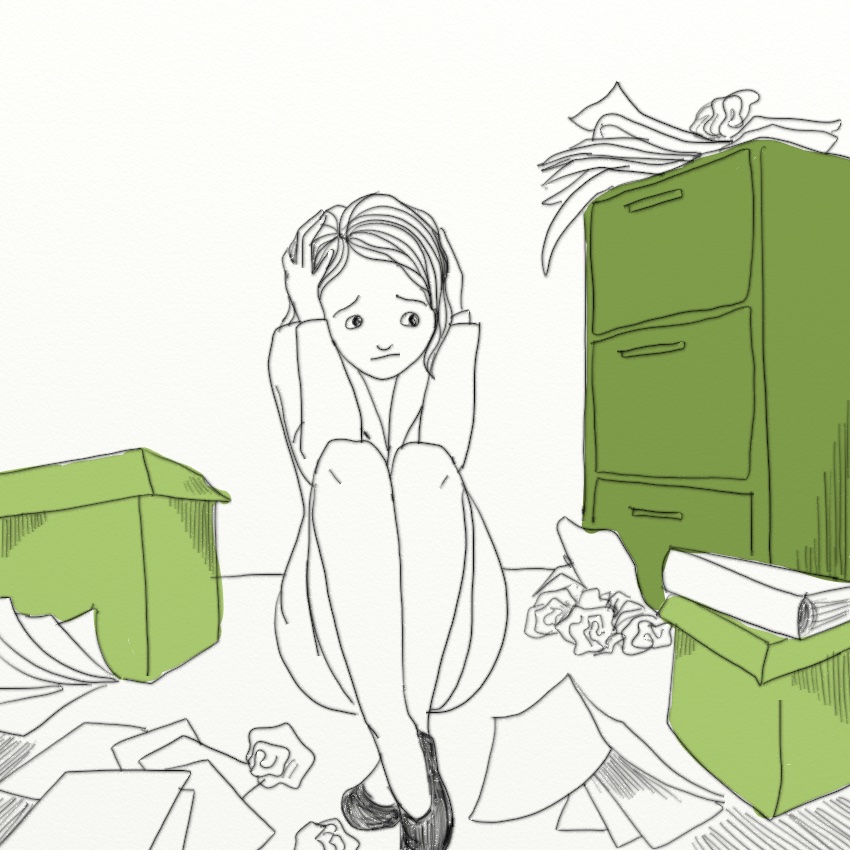
Getting the focus to put everything away and develop a system for keeping track of everything is very hard for people with ADHD.
Most people without ADHD find it tough to keep track of tasks, social events, assignments, chores, and of course all of your physical stuff.
But for someone with ADHD, it's nearly impossible. It can manifest in a messy home, car, or desk, or in constantly forgetting what happens on what day.
It's also part of the vicious cycle that causes items to get misplaced and important tasks to be forgotten.
Symptom #3: Restlessness And Distraction
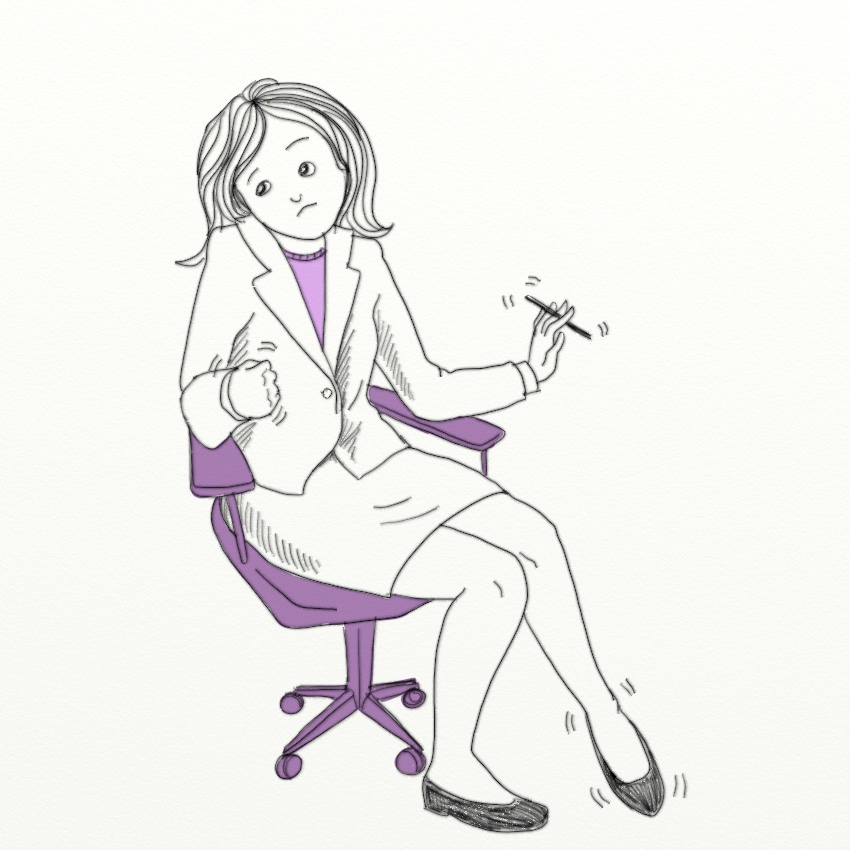
People with ADHD, adults and kids alike, find it very hard to sit still.
Kids tend to be more physically rambunctious, but adults' restlessness manifests in fidgeting, tapping, and other nervous habits.
It can also manifest in the inability to focus on whatever's going on, leading to rapidly wandering thoughts and the propensity to get distracted by almost anything.
This can lead to problems at school, at work, and in social settings, as it makes it hard to follow what's going on.
Symptom #4: Mood Swings And Emotional Outbursts
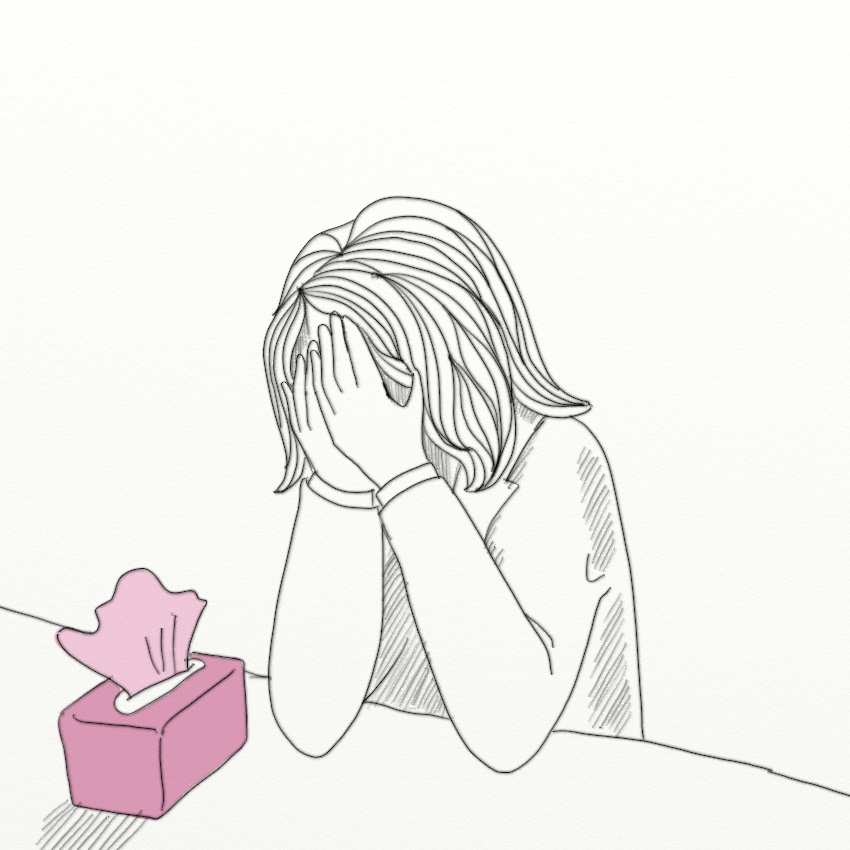
People with ADHD also find it very difficult to control their emotions, and often have very strong and very sudden feelings.
As a result, someone may suddenly snap in anger or break down crying at what looks, to the outside world, like a very small provocation.
Irritability, impatience, and aggression are also common with people who have ADHD, which can make it difficult to maintain good relationships with friends, family, and coworkers.
Symptom #5: General Anxiety
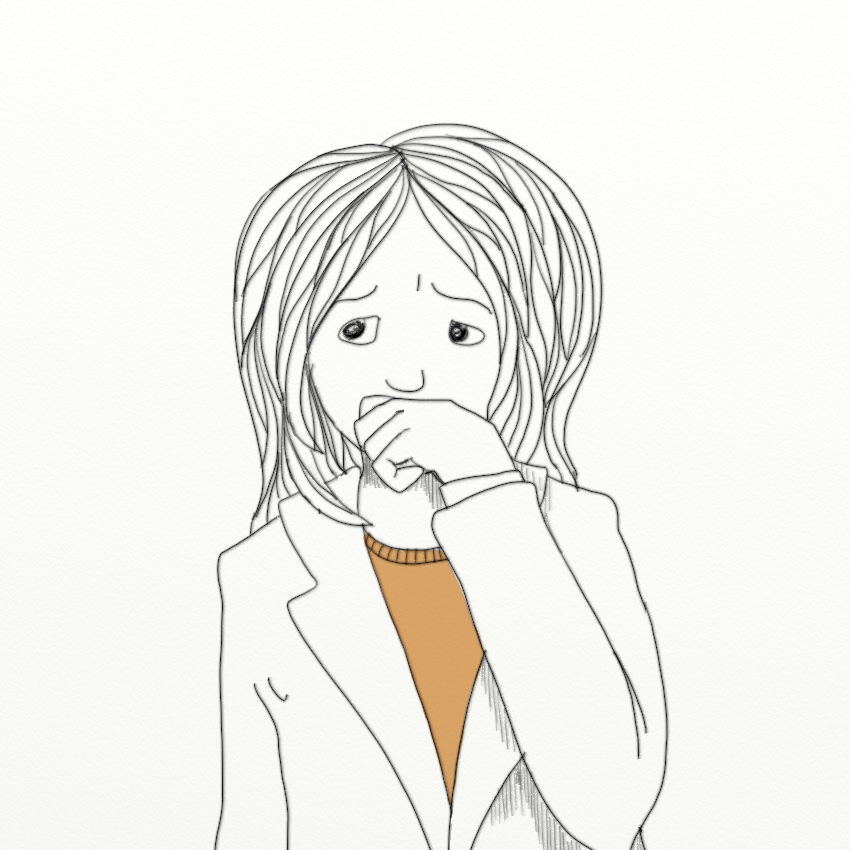
Anxiety is often found concurrently with ADHD, as is depression.
People with ADHD describe feeling hyperalert and overly stimulated, and many find it impossible to relax, even in a calm setting like at home.
General anxiety and other anxiety disorders are more commonly found in those with ADHD than in those without.
Anxiety symptoms include worry, tension, and a feeling of being overwhelmed.
Symptom #6: Insomnia
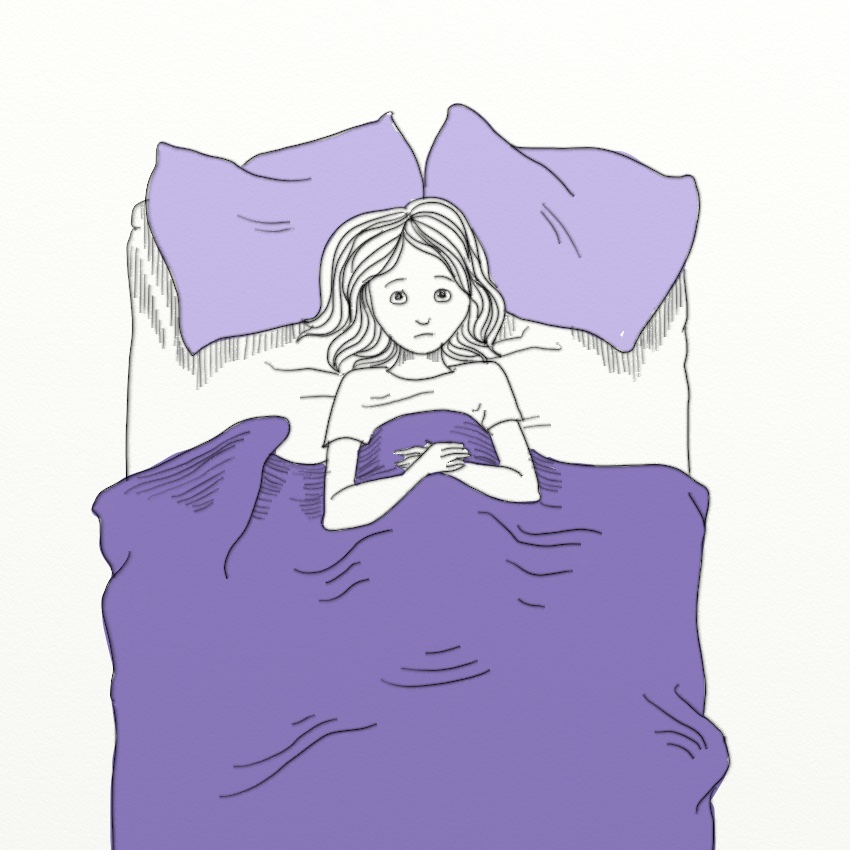
ADHD is often found in conjunction with sleep disorders, typically insomnia.
People with ADHD may have trouble falling or staying asleep, but will also often be very deep sleepers who find it hard to get out of bed in the morning.
The cycle of not sleeping and then feeling sluggish in the morning can really ruin your whole day.
Management Tips For ADHD Tip #1: Avoid Artificial Foods
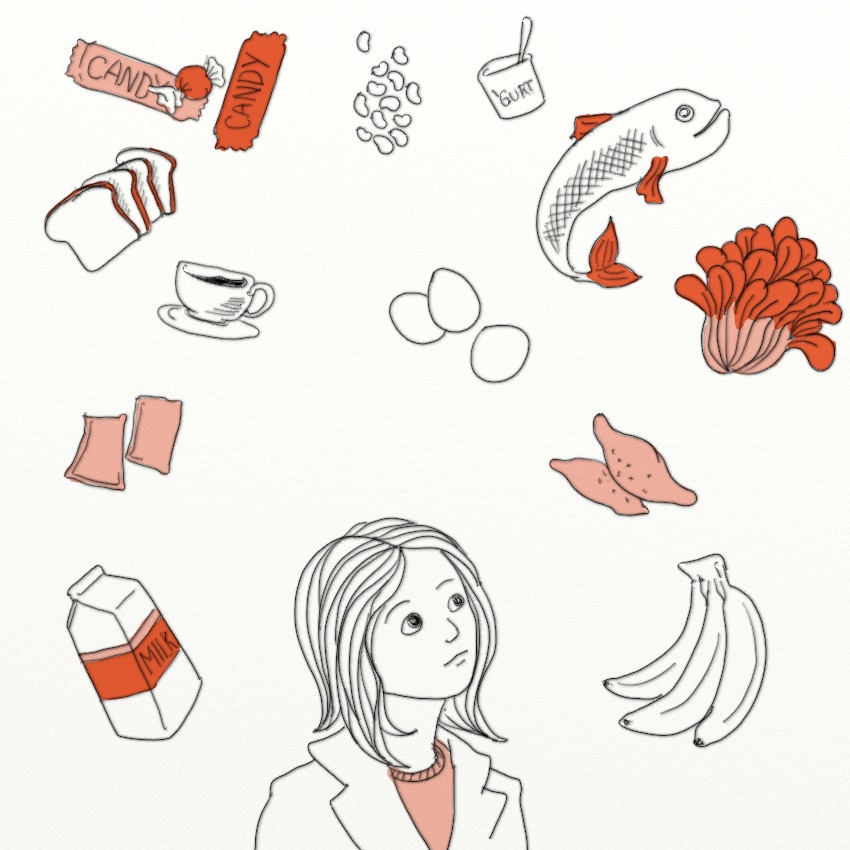
A diet high in food additives, refined sugars, and artificial sweeteners has been shown to be linked to exacerbated ADHD symptoms.
But more basic foods like wheat, yeast extract, soy, and dairy can also make symptoms more pronounced.
An ADHD-friendly diet is one rich in protein, iron, probiotics, and B vitamins. Spinach, eggs, poultry, wild-caught fish, bananas, sweet potatoes, black beans, hazelnuts, and organic dairy are all good choices.
Tip #2: Eat Breakfast
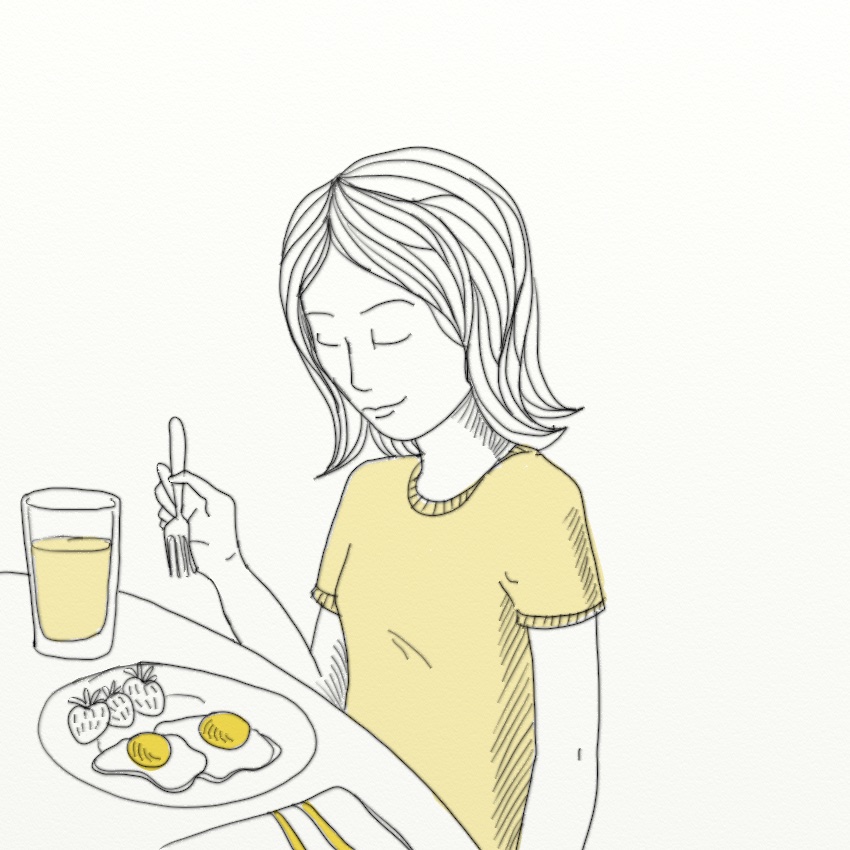
Everyone should eat breakfast, but it's especially important for those with ADHD.
Breakfast helps the body better regulate blood sugar and hormones for the rest of the day, and helps maintain a steadier energy level.
A breakfast with at least 20 grams of protein, like eggs, is also great for nutrients.
Tip #3: Try A Yoga Ball
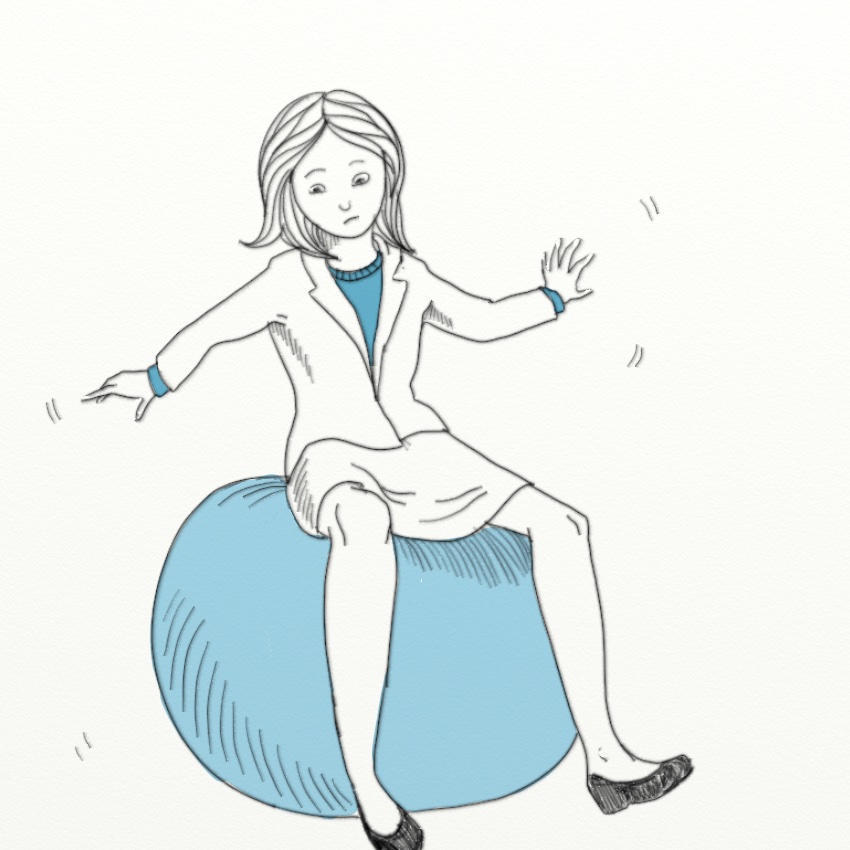
OK, yes, they look kind of silly, but a yoga ball is a great thing to have if you're prone to fidgeting and getting distracted.
Keeping balance on the big, inflatable sphere requires small muscle motions, which satisfy the body's need to fidget and twitch, and give people with ADHD a better ability to concentrate.
As a bonus, yoga balls are also great exercise, and help gently tone the core muscles.
Tip #4: Get Some Exercise
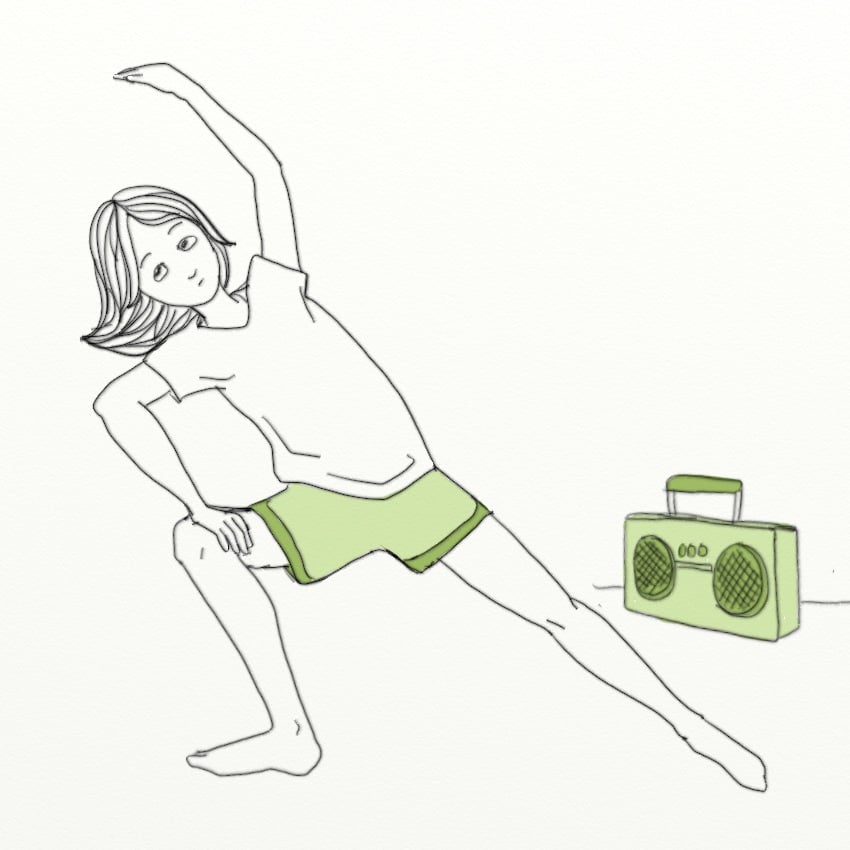
Exercise is great for anyone, but for people with ADHD, it helps increase the hormones that soothe ADHD symptoms.
For best results, moderate exercise (nothing so strenuous that it wears you out) is recommended for about 30 minutes before doing something that requires concentration.
Tip #6: Talk To A Professional
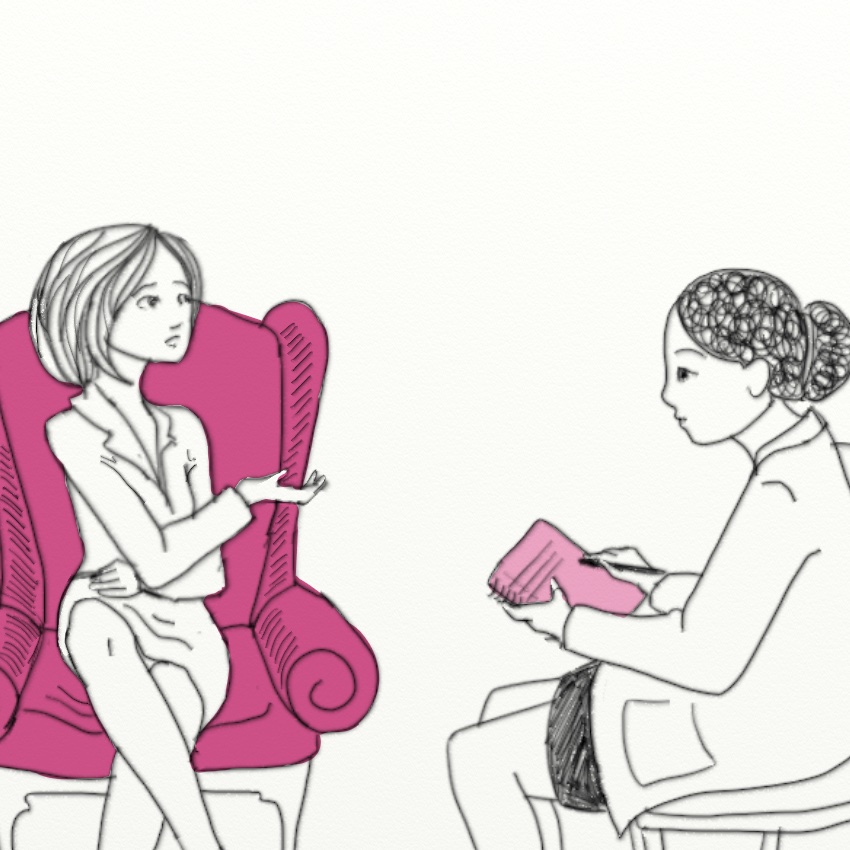
For most people, ADHD really can't be managed all alone.
Getting a professional diagnosis and creating a personalized plan of care with a doctor is the best way to make sure ADHD symptoms don't take over everyday life.
They can also help manage the symptoms as they change over time.
Do you see any of these symptoms in yourself or someone you know? SHARE this information with friends and family to keep them healthy!

